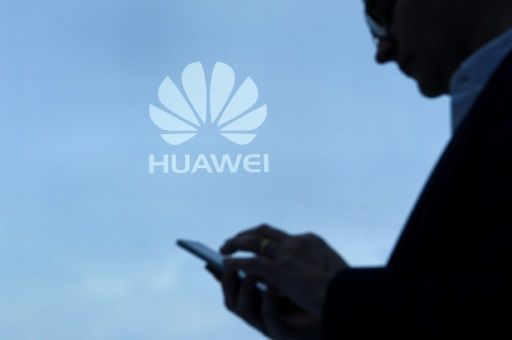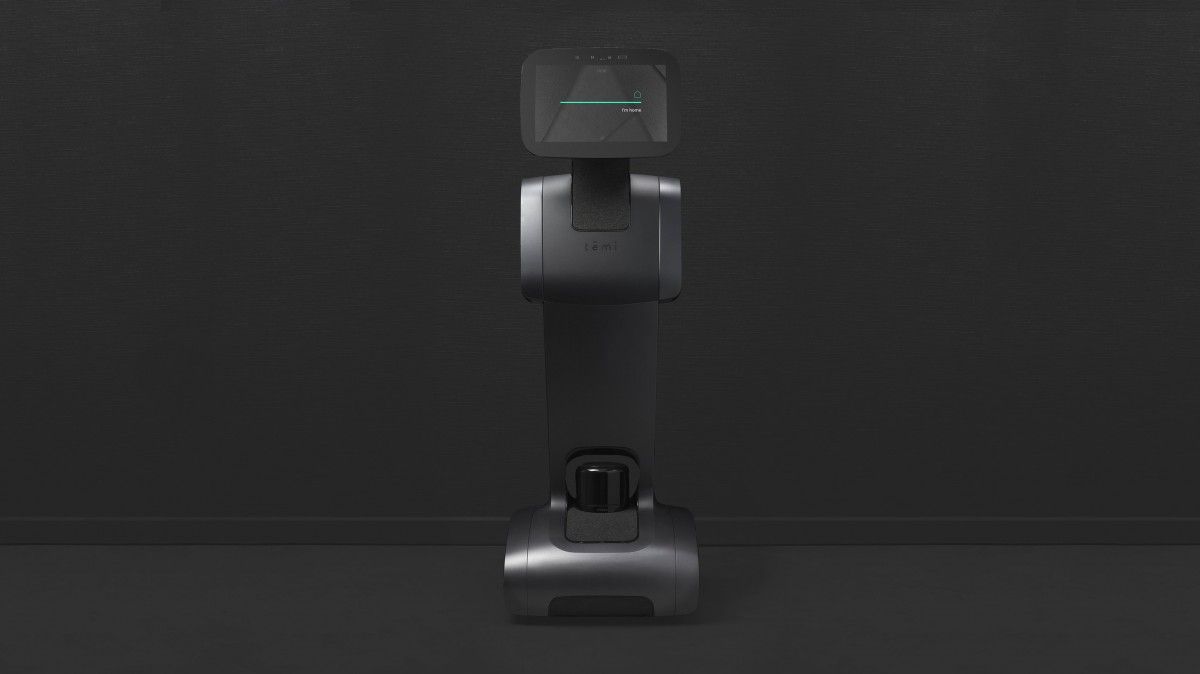Category: mobile phones – Page 220
Unexpected Futurist: Mark Twain, Tesla, and a Worldwide Visual Telephone System
When one thinks of Mark Twain, one thinks of folksy wit, Huckleberry Finn, Tom Sawyer and the Mississippi River. Twain’s work immortalized the rapidly changing United States of the 1800s. But in his personal life, Twain often preferred the future to nostalgia, supporting women’s suffrage and civil rights, and frequently being contemptuous of what he considered to be the absurd and corrupt values of the past. He harbored a long running fascination with technology and new gadgets, and frequently invested in the latter — albeit with spotty success, at best. But Twain cemented his becoming an honorary futurist via his long friendship with inventor and Mad-scientist archetype Nikola Tesla.
Strathspey Crown LLC : Announces Issuance of US Patent of the First Implantable Intraocular Lens (IOL) with a Video Camera and Wireless Transmission Capability
NEWPORT BEACH, Calif., July 12, 2017 /PRNewswire/ — Strathspey Crown LLC, a lifestyle healthcare company focused in ophthalmology, medical aesthetic and elective technologies and procedures, today announced that the United States Patent and Trademark Office has issued U.S. Patent No. 9,662,199 covering an implantable intraocular lens with an optic (including accommodating, multifocal and phakic configurations), a camera and an LED display, and a communications module that wirelessly transmit and receive information from an external device (e.g. PDA).
Robert Edward Grant, Founder and Chairman of Strathspey Crown LLC commented, “Video cameras are now a standard feature of smart phone technology and wearable cameras have become popularized by companies like Google and Snap in recent years. This patent represents a significant step forward in the rapidly growing sector of human cyborg technology. The eye, as a transparent medium for light, is ideal for advanced and rechargeable implantables that enable video capture of all of life’s experiences. Our broader vision is to develop ground-breaking medical-grade ocular smart implantables that integrate cellular, WIFI and 802.11 transmissions in an elegant cognitive interface that we believe will enhance human intelligence, augment perceived reality, and digitally capture experiences and individual memories. We look forward to several continuations and expansions on this important intellectual property portfolio.”
Grant further commented, “Although Samsung, Sony and Google have all recently filed patent applications related to the same field, Strathspey Crown is thus far the only company to hold an issued patent in this promising ocular smart implant category. Our first camera-integrated acrylic IOLs will be completed in 2018, upon which we plan to pursue an FDA Investigational Device Exemption (IDE) and subsequent Pre-Market Approval (PMA) and related clinical trial.”
The Artificial Intelligence Race: The AI Documentary
Artificial Intelligence (AI) is a science and a set of computational technologies that are inspired by—but typically operate quite differently from—the ways people use their nervous systems and bodies to sense, learn, reason, and take action. While the rate of progress in AI has been patchy and unpredictable, there have been significant advances since the field’s inception sixty years ago…
Toby Walsh, Professor Artificial Intelligence, University of NSW Sydney “There’s lots of AI already in our lives. You can already see it on your smartphone every time you use Siri, every time you ask a lexer a question, every time you actually use your satellite navigation. You are using one of these algorithms. You are using some AI that’s recognizing your speech, answering questions, giving you search results recommending books for you to buy on Amazon. They’re the beginnings of AI everywhere in our lives.”
Collier County, FL Sheriff
CodeRED is used to send emergency communications to residences such as evacuations for hurricanes, wild fires, or any vital information involving the public’s safety.
When you see 866−419−5000 displayed you will know the call is from CCSO’s CodeRED. If you would like to hear the last message delivered to your phone, simply dial the number back.
You need to register for CodeRED if you have unlisted phone number, a voice over IP telephone service or a cell phone.

China’s Huawei unveils mobile AI assistant at Berlin’s IFA
Chinese electronics giant Huawei on Saturday unveiled its first mobile personal assistant with artificial intelligence in Berlin, in hopes it will rival the dominance of Samsung’s Bixby and Apple’s Siri.
“Smartphones are smart but they are not intelligent enough,” Richard Yu, chief executive of Huawei’s Consumer Business Group, said at this year’s IFA electronics fair.
The mobile assistant, called Kirin 970, will systematically respond to three questions—” the most important combination,” Yu said: Where is the user? Who are they and what are they doing?

This AI Butler Wants to Roam Your Home
Say hello to Temi. Wired reports that this sleek, 3-foot robot with a tablet for a face is essentially a kind of travelling AI butler for your home—a Siri or Alexa, only on wheels. It will come rolling when you holler. It can use facial recognition to follow people around, so they can watch TV or Skype as they stroll. And it taps Google’s artificial intelligence to help answer your questions. A run of 1,000 robots will be made available November by its maker, Roboteam, and it’s planned to cost under $1,500 when it launches widely next year. But, as we’ve argued in the past, these kinds of domestic robots are more a source of entertainment than much practical use, and are certainly not the kinds of practical machines that may one day be able to take over some of your household chores. For now, you might be better off carrying your phone around the home—especially if you have stairs.

Major leap towards storing data at the molecular level
From smartphones to supercomputers, the growing need for smaller and more energy efficient devices has made higher density data storage one of the most important technological quests.
Now scientists at the University of Manchester have proved that storing data with a class of molecules known as single-molecule magnets is more feasible than previously thought.
The research, led by Dr David Mills and Dr Nicholas Chilton, from the School of Chemistry, is being published in Nature. It shows that magnetic hysteresis, a memory effect that is a prerequisite of any data storage, is possible in individual molecules at −213 °C. This is tantalisingly close to the temperature of liquid nitrogen (−196 °C).

The Great US-China Biotechnology and Artificial Intelligence Race
The risk factor is that iCarbonX is handling more than personal data, but potentially vulnerable data as the company uses a smartphone application, Meum, for customers to consult for health advice. Remember that the Chinese nascent genomics and AI industry relies on cloud computing for genomics data-storage and exchange, creating, in its wake, new vulnerabilities associated with any internet-based technology. This phenomenon has severe implications. How much consideration has been given to privacy and the evolving notion of personal data in this AI-powered health economy? And is our cyberinfrastructure ready to protect such trove of personal health data from hackers and industrial espionage? In this new race, will China and the U.S. have to constantly accelerate their rate of cyber and bio-innovation to be more resilient? Refining our models of genomics data protection will become a critical biosecurity issue.
Why is Chinese access to U.S. genomic data a national security concern?
Genomics and computing research is inherently dual-use, therefore a strategic advantage in a nation’s security arsenal.